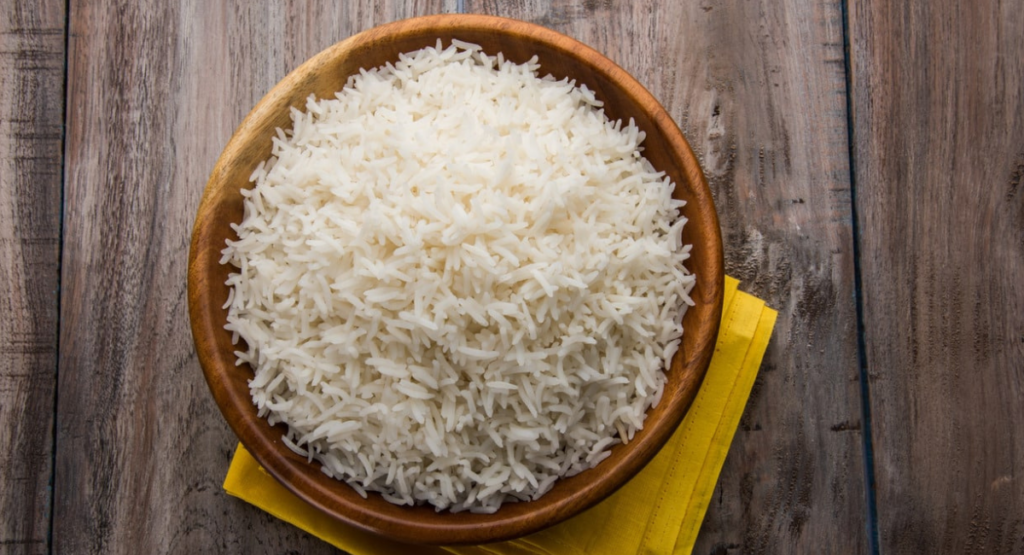In the journey of combating dementia, nutrition plays a pivotal role in enhancing cognitive functions and sustaining overall well-being. Amidst the plethora of dietary options, rice emerges as a staple in many cuisines worldwide. But the question lingers: Is rice good for dementia patients? Delve into this comprehensive guide as we unravel the nutritional significance, cognitive impacts, and practical considerations surrounding rice consumption for individuals grappling with dementia.
Is Rice Good for Dementia Patients?
Rice, a ubiquitous grain cherished for its versatility and nutritional richness, stands as a potential ally in the battle against dementia. Let’s explore its benefits:
Understanding the Nutritional Profile of Rice
Rice boasts a rich nutritional profile, comprising essential nutrients vital for cognitive health. Enriched with carbohydrates, rice serves as a primary energy source, fostering cognitive vitality and sustaining brain functions. Additionally, it contains micronutrients like vitamin B6 and magnesium, pivotal for neurotransmitter synthesis and neuronal communication, thus promoting cognitive agility.
Carbohydrates: Fueling Cognitive Functions
Carbohydrates derived from rice facilitate the production of glucose, the brain’s preferred energy source. This steady energy supply aids in maintaining optimal cognitive functions, including memory retention, concentration, and information processing, thereby potentially alleviating cognitive decline in dementia patients.
Vitamin B6: Nurturing Neurotransmitter Synthesis
Rice encompasses vitamin B6, an essential nutrient pivotal for synthesizing neurotransmitters like serotonin and dopamine. These neurotransmitters play a crucial role in regulating mood, cognition, and memory, potentially mitigating cognitive impairment associated with dementia.
Magnesium: Fostering Neuronal Communication
Magnesium, abundant in rice, supports neuronal health by facilitating neurotransmission and regulating synaptic plasticity. Its presence aids in optimizing cognitive functions and may contribute to slowing down cognitive deterioration in dementia patients.
Navigating Practical Considerations
While rice presents promising nutritional benefits, it’s imperative to navigate practical considerations:
Variety and Preparation
Opt for whole grain or brown rice varieties over refined options to maximize nutritional benefits. Incorporate diverse cooking methods like boiling, steaming, or stir-frying to preserve nutrient integrity and enhance digestibility.
Portion Control
Exercise moderation in rice consumption to prevent excessive calorie intake and maintain a balanced diet. Emphasize portion control and complement rice with a diverse array of nutrient-dense foods to optimize nutritional intake.
Consultation with Healthcare Professionals
Prioritize individualized dietary recommendations tailored to specific health conditions and dietary preferences. Consultation with healthcare professionals, including nutritionists and dieticians, ensures personalized guidance aligned with the unique needs of dementia patients.
Conclusion
In the quest to promote cognitive health and well-being among dementia patients, the role of nutrition emerges as paramount. Rice, with its rich nutritional profile and culinary versatility, holds promise as a dietary staple for individuals navigating dementia. By embracing mindful consumption, prioritizing whole grain varieties, and seeking professional guidance, incorporating rice into the diet can serve as a flavorful and nourishing endeavour, enhancing cognitive vitality and fostering overall well-being.
We are India’s first comprehensive continuum care provider. We provide multidisciplinary out of hospital care to acute and post-acute and chronically ill patients at our critical care facilities and your home.


